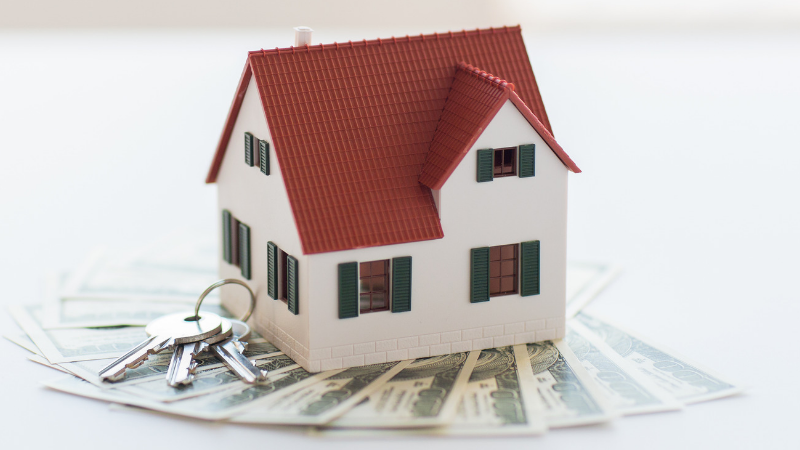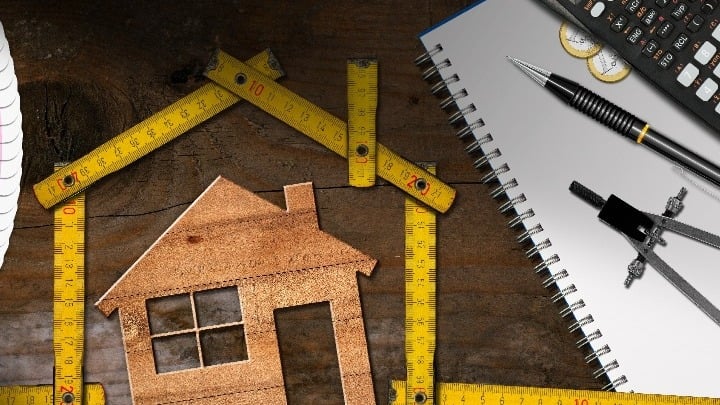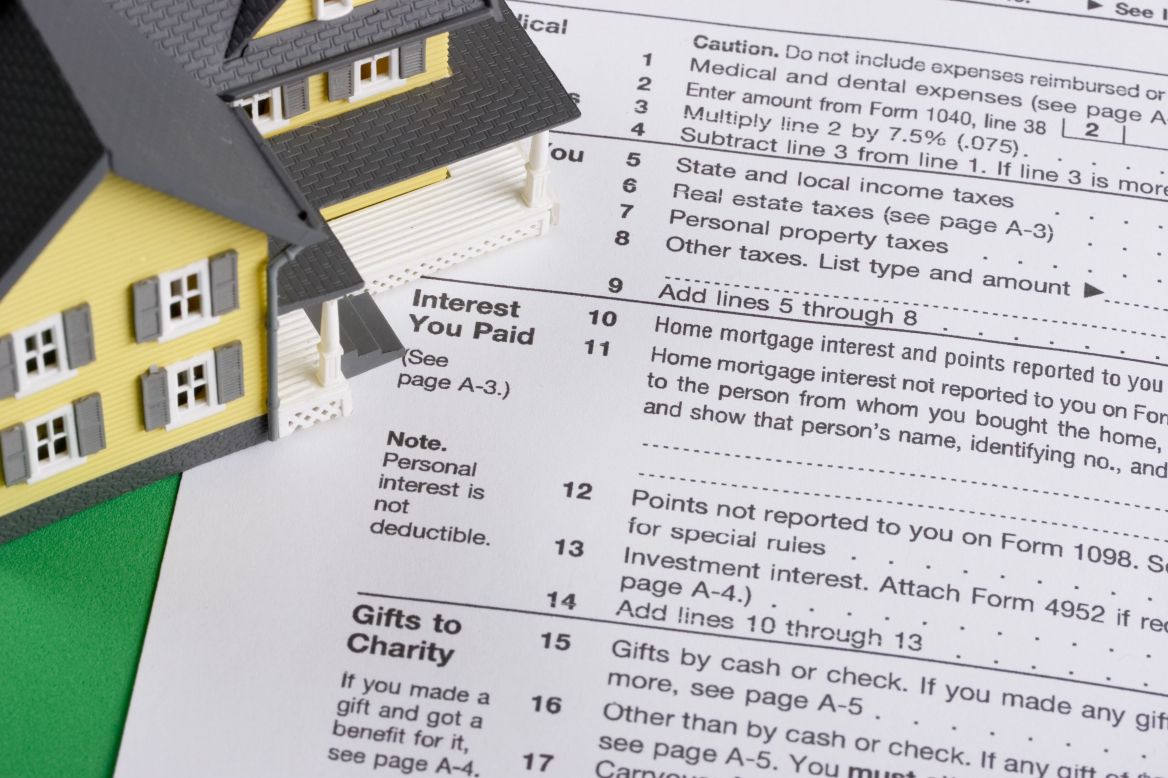How Much Should You Save Each Year for Maintenance on Your Home?
When you settle into your new home after closing day, a whole new journey begins. You’ll have the chance to turn your property into a true home....
2 min read
 Twin Cities Habitat for Humanity
:
10:01 AM on August 2, 2024
Twin Cities Habitat for Humanity
:
10:01 AM on August 2, 2024

 When you're ready to make an offer on your first house, you need to pull out all the stops to grab the seller's attention and solidify that deal! In a competitive market, crafting a meticulously planned offer is key. One savvy move? Adding earnest money. This not-so-secret weapon can make your offer stand out from the competition
When you're ready to make an offer on your first house, you need to pull out all the stops to grab the seller's attention and solidify that deal! In a competitive market, crafting a meticulously planned offer is key. One savvy move? Adding earnest money. This not-so-secret weapon can make your offer stand out from the competition
Not quite sure what earnest money is? Let's dive into the details! Here's what you need to know.
Earnest money is a cash offer to the seller, a kind of deposit, to demonstrate that you can save money and are serious about buying that house.
Let’s say you're looking at a $185,000 house but know that the seller is getting other offers. You can offer to pay $3,000 in earnest money. If the seller approves your offer, that $3,000 is held in trust with the listing agent and gets applied toward your down payment or closing costs at closing.
If you cancel the deal, the only way your money will be fully refunded is if an agreed-upon contingency was written in the purchase agreement.
When you’re confident you found the right house for your family, there is little risk in offering earnest money. In fact, 99.9% of real estate deals include it. However, to be safe, it’s best to write the following contingencies into the purchase agreement:
If a bank is not willing to loan you the money and your application for a mortgage is denied, your earnest money will be refunded if you include a financing contingency in your purchase agreement.
If issues are discovered during the home inspection that make you want to reconsider the deal, your earnest money will be refunded. A buyer typically has 10 days to complete the inspection and back out of the purchase. Of course, the seller may be willing to fix the problems or renegotiate the purchase price. Either way, you can decide whether or not to move forward.
If your current home has not sold by the time of closing on the new property, you can back out of the deal and your earnest money will be refunded. Some sellers may not agree to this contingency because of fluctuations in the real estate market.
Your realtor can tell you what local practice is for earnest money, but it typically ranges from a couple of hundred to a couple of thousand dollars. If the market is aggressive, expect the earnest money to be higher.
An experienced realtor can write a solid contract that protects you and your earnest money. Together, with the deposit, this shows the seller that you are a determined buyer.
Your gift unlocks bright futures! Donate now to create, preserve, and promote affordable homeownership in the Twin Cities.

When you settle into your new home after closing day, a whole new journey begins. You’ll have the chance to turn your property into a true home....

Owning a home comes with a lot of benefits. You can customize your home any way you like, find comfort in knowing you'll live in the same place for...
.webp)
Buying a home can be an exciting experience–and a confusing one.